The food and beverage, sporting goods, electronics, medical, appliance, automotive, cosmetics, telecommunications and commercial goods industries all use vacuum forming processes that heat a sheet of plastic material and shape it through a mold, adhering it by use of a vacuum pump system that rids the molding area of air. Read More…
Valk’s policy is “to meet or exceed our customer’s requirements, working together as a team with honesty and integrity.” Valk’s success is due to their long standing focus on quality & customer service.
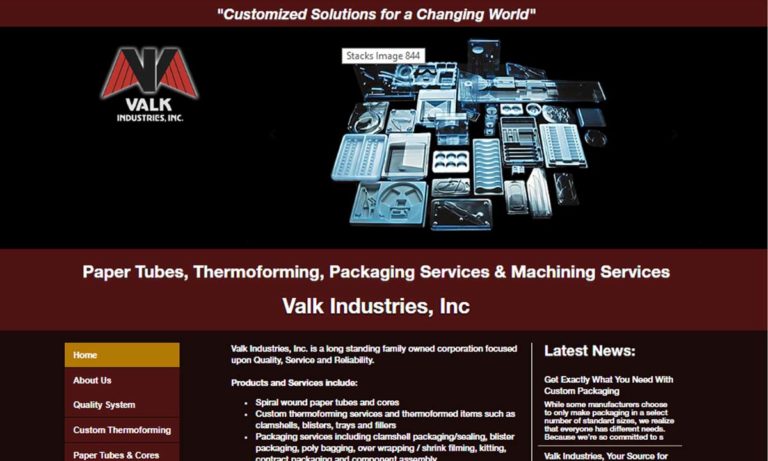
Since 1960, Profile Plastics Inc. has been at the forefront of thermoforming technology. Utilizing the latest software and technology, our expert staff of engineers can design custom vacuum, pressure, and twin-sheet thermoformed solutions. Over the last 60 years, we have developed a process that allows us to deliver consistent, high volume, and precise products with superior quality. Our high...
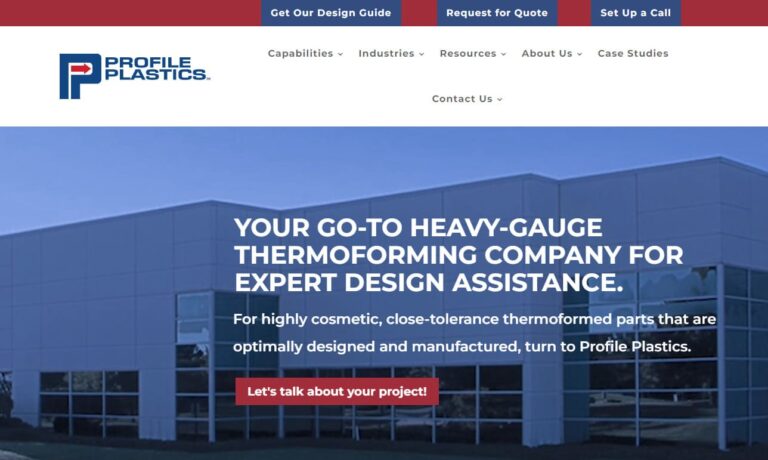
Quality Plastics has been a leading manufacturer of vacuum forming since 1976. Whether you need a small batch of custom vacuum-formed parts or a large-scale production run, we have the capabilities and expertise to deliver. We are committed to providing our customers with exceptional vacuum-formed products and services that meet their needs and exceed their expectations. Contact us today to learn ...
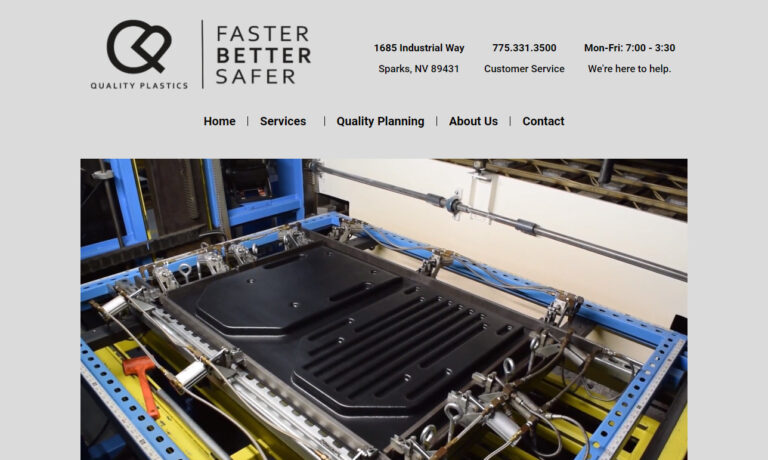
At Arrowhead Plastic Engineering, Inc., we’ve been delivering high-quality vacuum forming solutions since 1972. From concept to production, Arrowhead is with you every step of the way. We can use your 3D CAD model to CNC cut your pattern in house or we can hand sculpt your pattern if a 3D CAD model isn’t available.

Engineered Plastic Products custom forms & fabricates sheet thermoplastic materials, standard & specialized, for any number of industrial & commercial requirements. EPP has been widely recognized for outstanding manufacturing & service since 1958 for companies such as GE, NASA & AT&T. Custom fabricated parts can be as large as 72"x108" down to 2"x2" in any thickness up to 1 1/2". Post-forming...
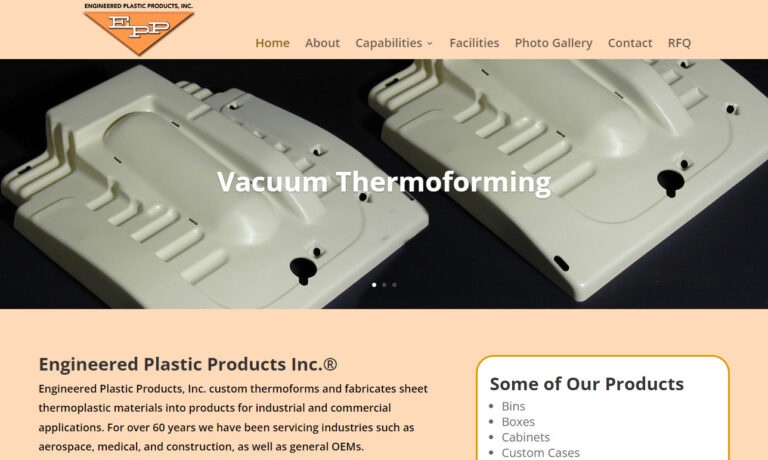
Brisar Delvco Industries, Inc., specializes in delivering high-quality Thermo & Vacuum forming solutions tailored to meet the unique needs of our clients across a broad spectrum of industries. ISO9001, ISO13485, FDA Registered for Food, Medical Devices & OTC products. In house CNC tooling for quick prototype design, production tools and Thermoformed parts.

At Duo Form, we are pioneers in the realm of vacuum-formed plastic products. With a collective passion for precision engineering and creative problem-solving, we've established ourselves as leaders in delivering high-quality solutions to a wide range of industries.
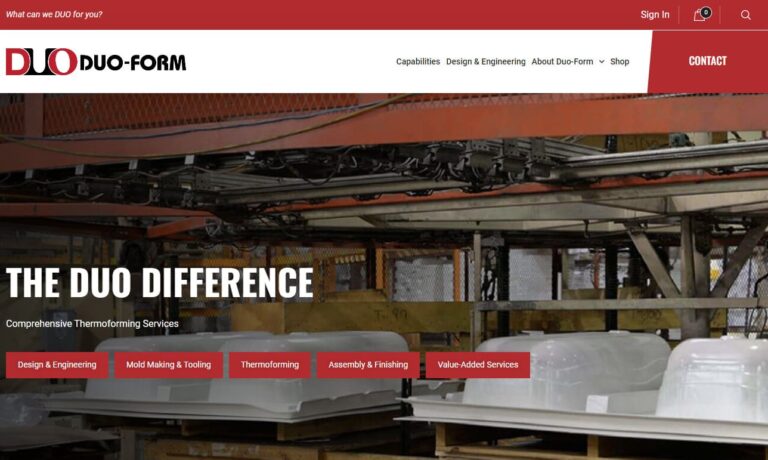
At Hi-Rel Plastics & Molding, we specialize in precision vacuum forming and thermoforming solutions tailored to meet the unique demands of a wide range of industries. With decades of hands-on experience, we’ve refined our process to deliver high-quality, custom-formed plastic components that meet exacting tolerances and performance standards.

Robinson Industries offers thermoformed and injection molded reusable, heavy duty plastic pallets, packaging and more. We are one of the largest suppliers of reusable pallets to many industries.
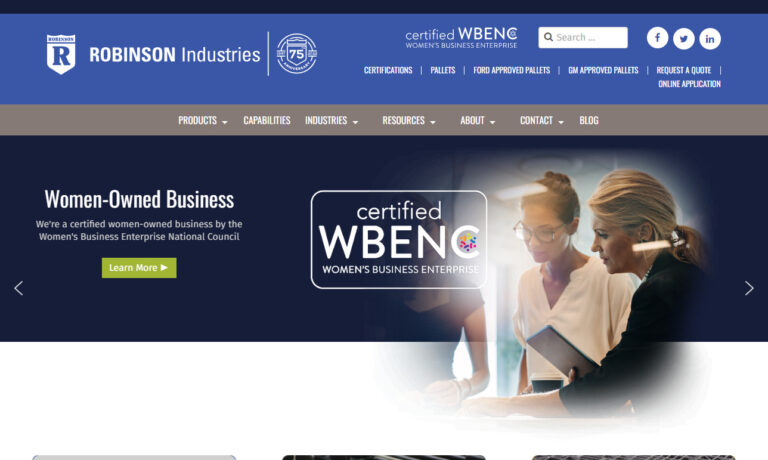
More Vacuum Molding Companies
The most common products made from vacuum forming processes are plastic packaging. The three different types include blister packs, clamshells and plastic trays, all of which are used to protect, transport and display many different commercial products for sale. Many different plastics are used, including polyester (PET), used for packaging, high density polyethylene (HDPE), which makes bottles and bags, polyvinyl chloride (PVC), used for food wrap, vegetable oil bottles and blister packaging, polypropylene (PP) food containers and caps, high grades of polystyrene (PS) which are best for products like disposable plastic silverware, CD cases and cartons. Other materials that may be used in plastic forming services include acrylonitrile butadiene styrene (ABS), acrylics, polycarbonate and Kydex, which is a PVC-based thermoplastic.
There are different methods of plastic forming, the most popular of which is vacuum forming. Vacuum forming, also called thermoforming, is one of the oldest plastic forming techniques. The process begins when a plastic sheet is fed into an extruder, heated in an electric, infrared or natural gas heater and then transferred to a forming station where two mating molds made of aluminum enclose the sheet.
A vacuum removes all the air from the molding environment, forcing the sheet of plastic to adhere with the two molds. After the newly formed part has dried and cured, it is ejected from the mold and trimmed if necessary.
Pressure forming and twin sheet thermoforming are slightly different techniques. Pressure forming uses the vacuum environment and additional air pressure to increase the tightness of the sheet to the mold to create more detailed products. Twin sheet thermoforming takes 2 separate sheets of plastic, forms mirror images of each other, and then welds them together, forming a hollow product with a small seam running down the middle. Most plastic parts formed through all of these processes must have a shallow depth and are 3 dimensional.





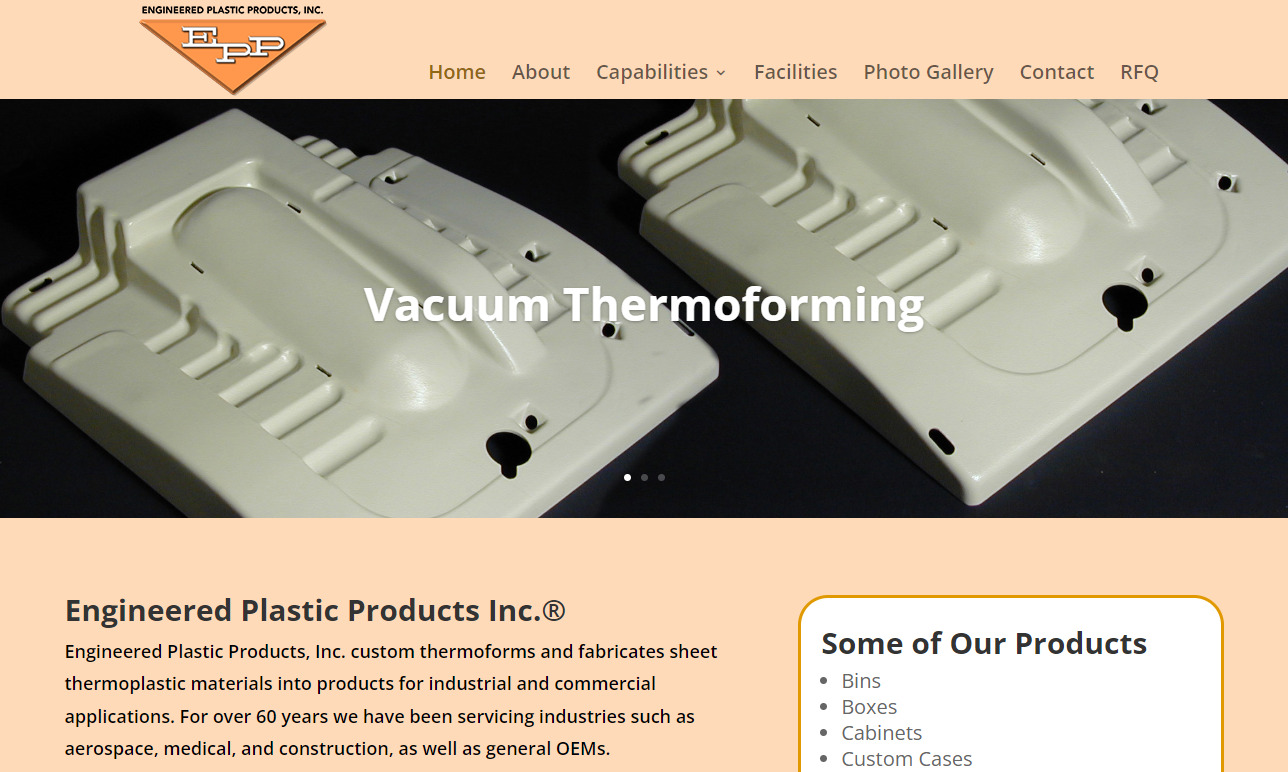




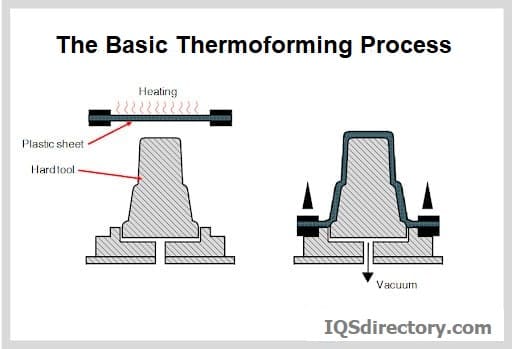
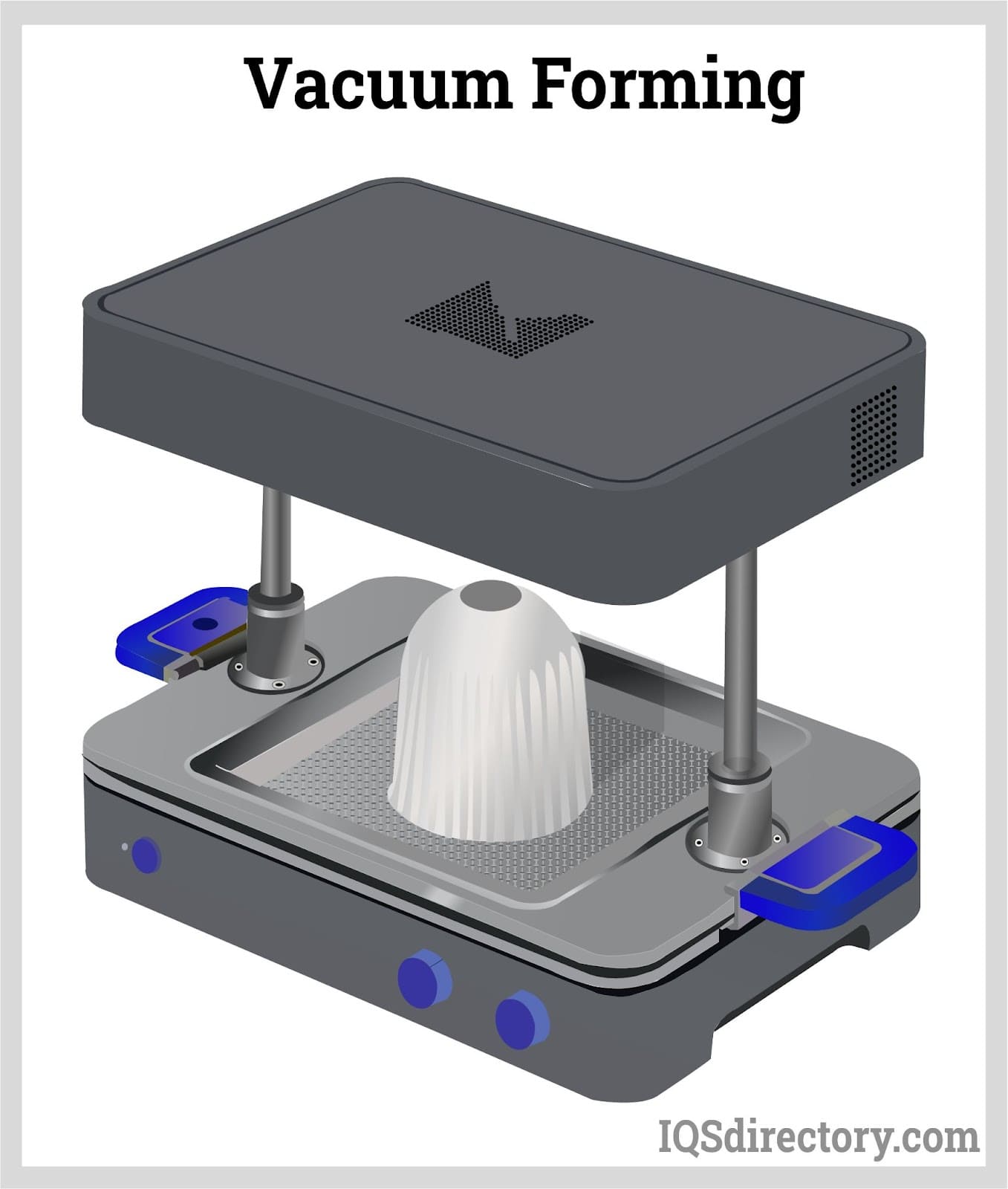
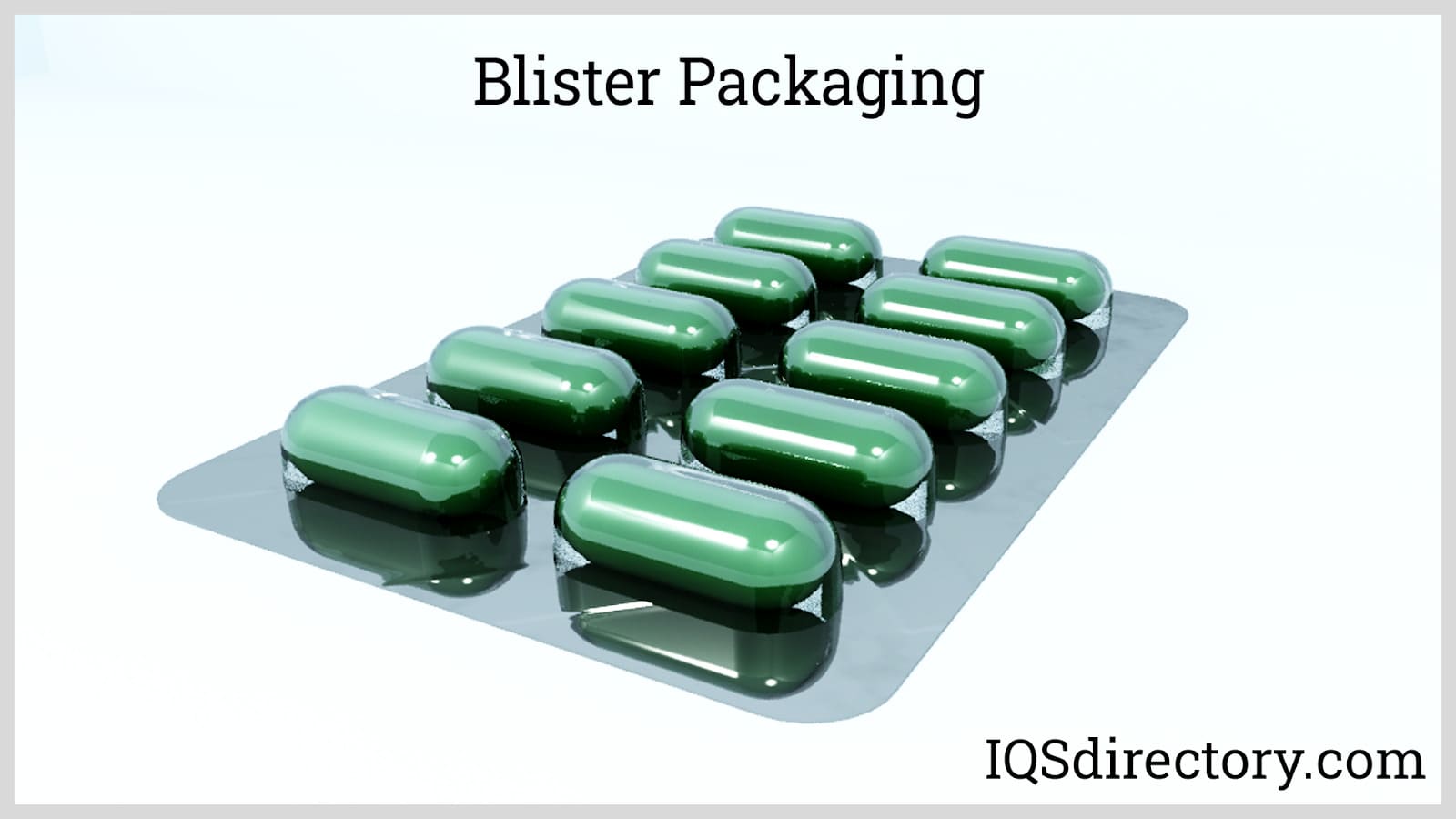
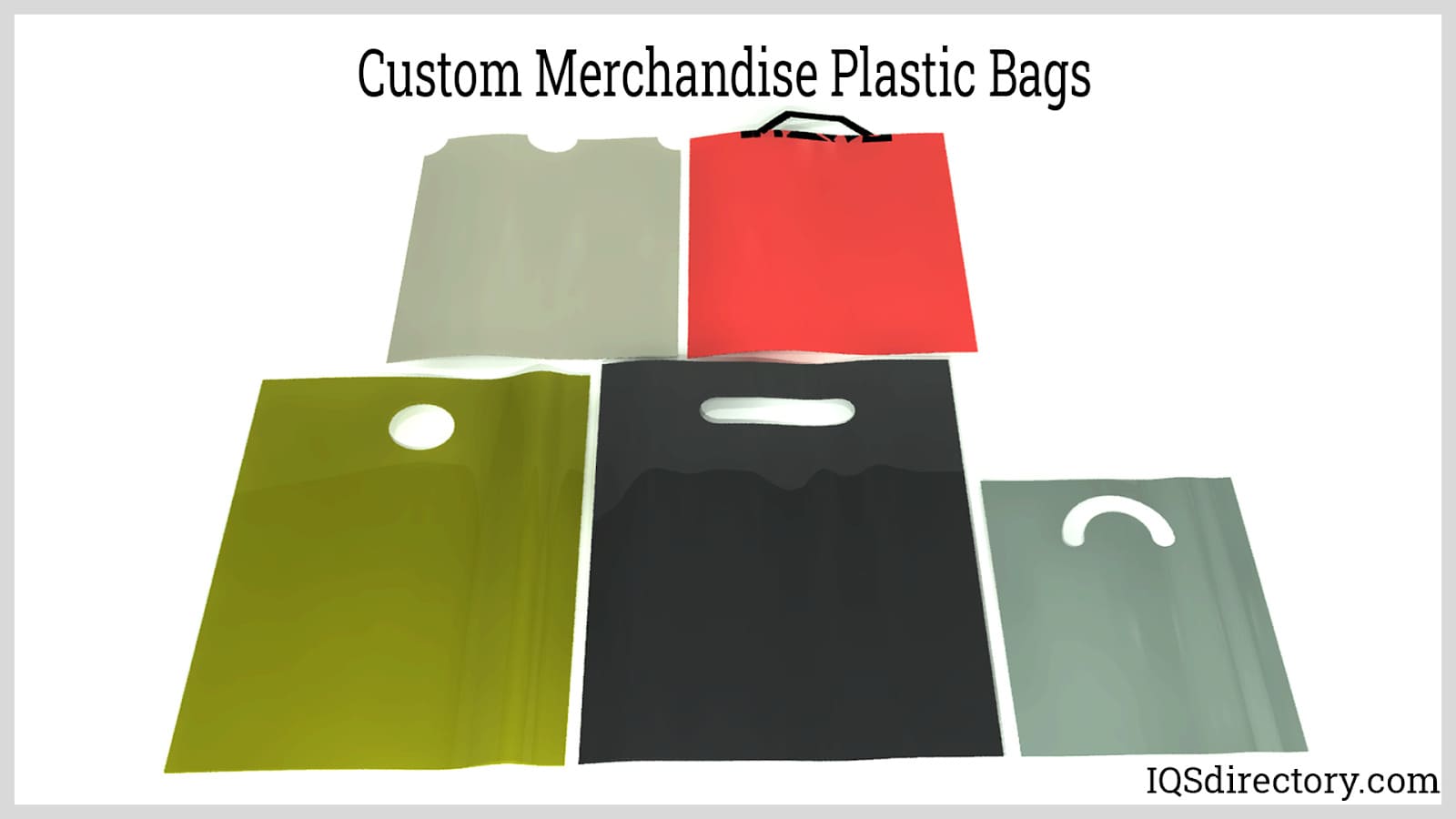

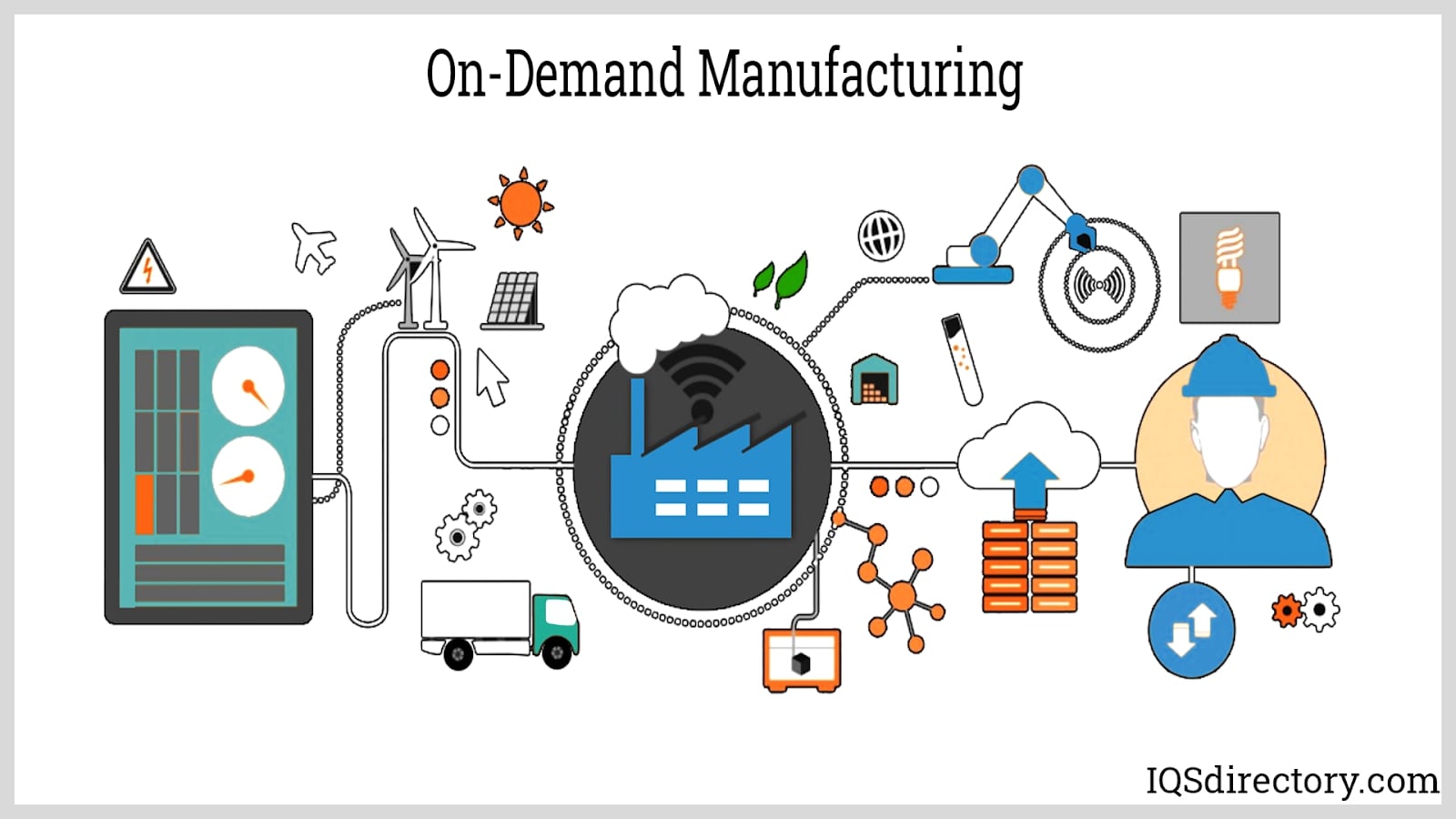
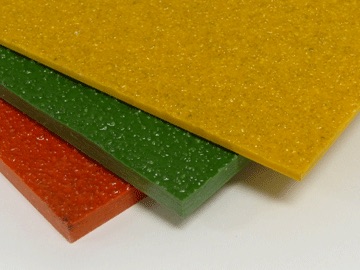 Fiberglass Fabricators
Fiberglass Fabricators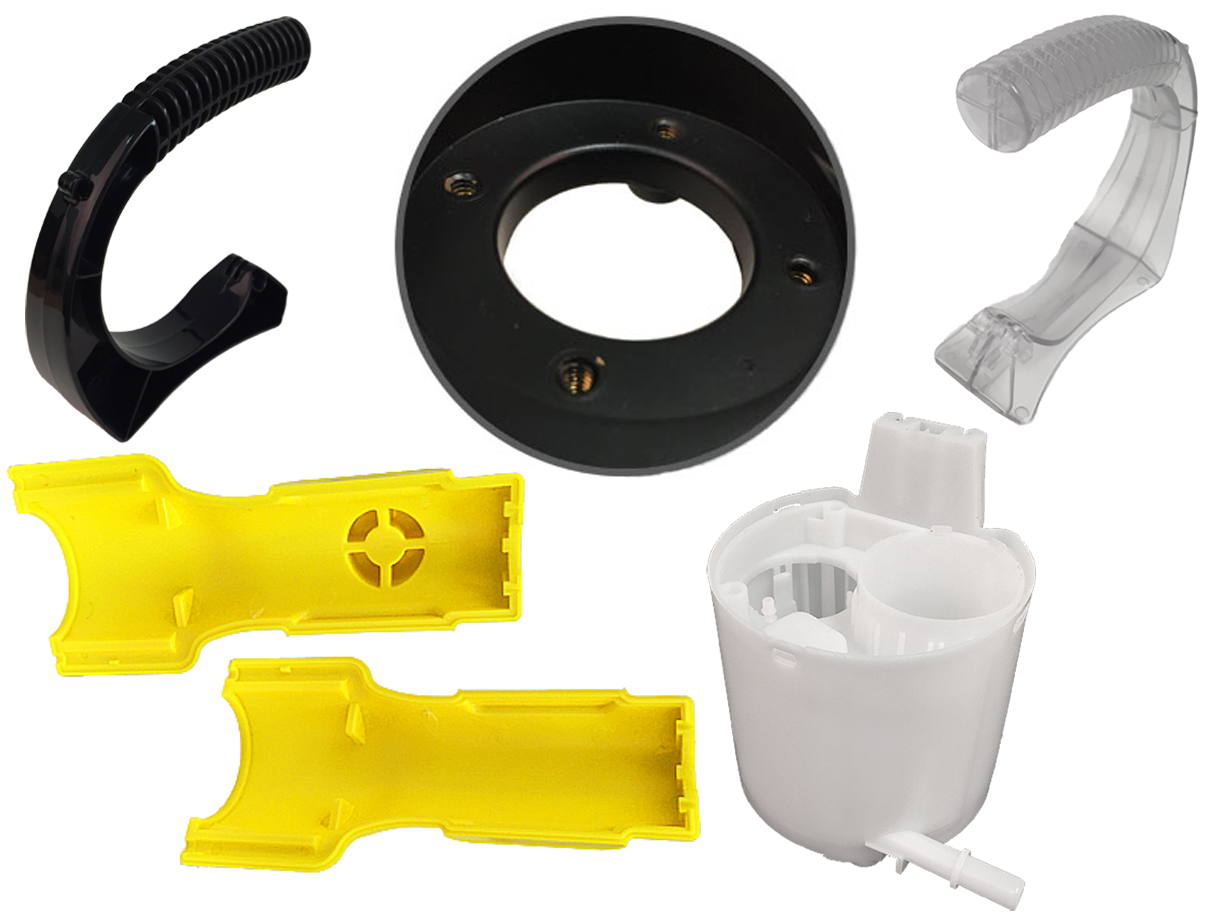 Injection Molded Plastics
Injection Molded Plastics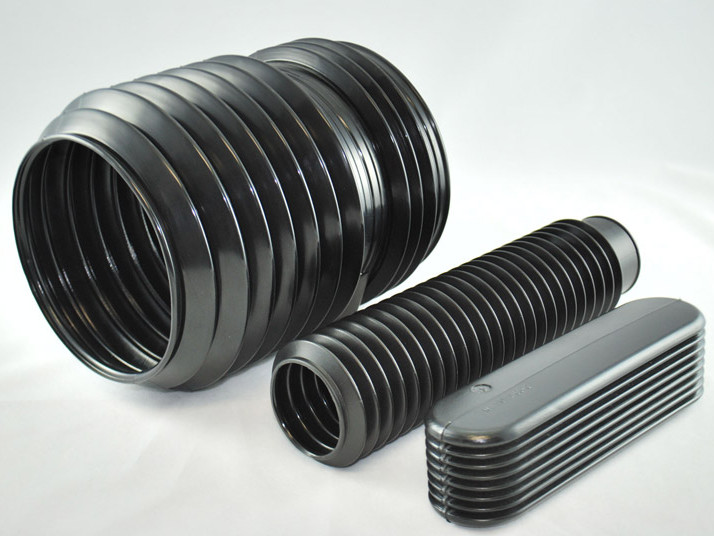 Plastic Blow Molding
Plastic Blow Molding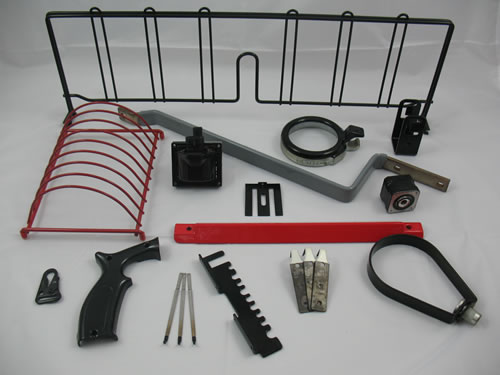 Plastic Dip Molding
Plastic Dip Molding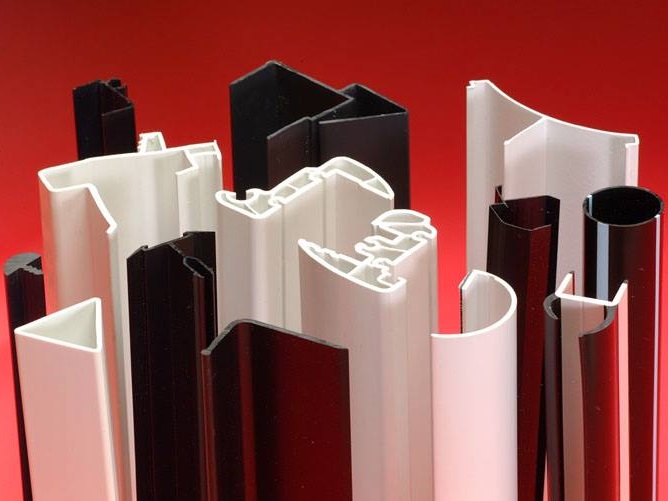 Plastic Extrusions
Plastic Extrusions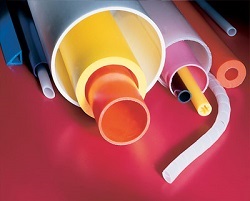 Plastic Tubing
Plastic Tubing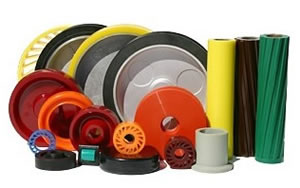 Polyurethane Molding
Polyurethane Molding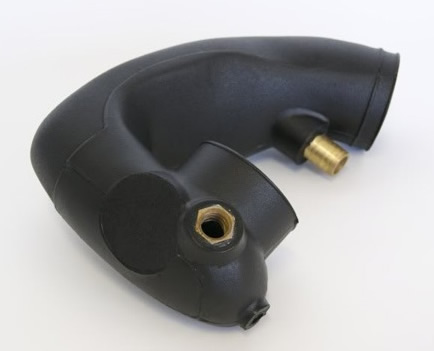 Rotational Molding
Rotational Molding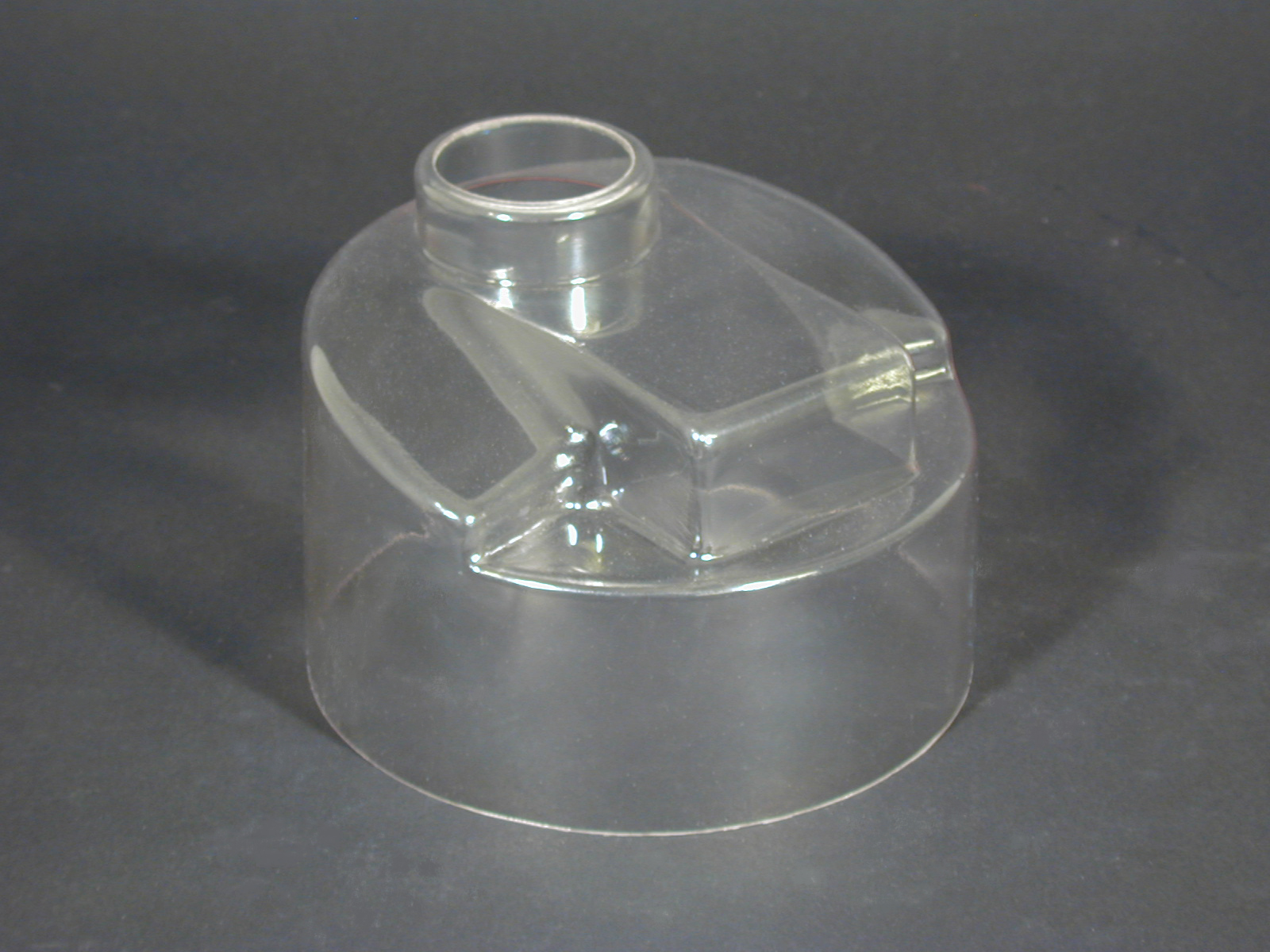 Vacuum Forming
Vacuum Forming Castings & Forgings
Castings & Forgings Bulk Material Handling
Bulk Material Handling Electrical & Electronic Components
Electrical & Electronic Components Flow Instrumentation
Flow Instrumentation Hardware
Hardware Material Handling Equipment
Material Handling Equipment Metal Cutting Services
Metal Cutting Services Metal Forming Services
Metal Forming Services Metal Suppliers
Metal Suppliers Motion Control Products
Motion Control Products Plant & Facility Equipment
Plant & Facility Equipment Plant & Facility Supplies
Plant & Facility Supplies Plastic Molding Processes
Plastic Molding Processes Pumps & Valves
Pumps & Valves Recycling Equipment
Recycling Equipment Rubber Products & Services
Rubber Products & Services